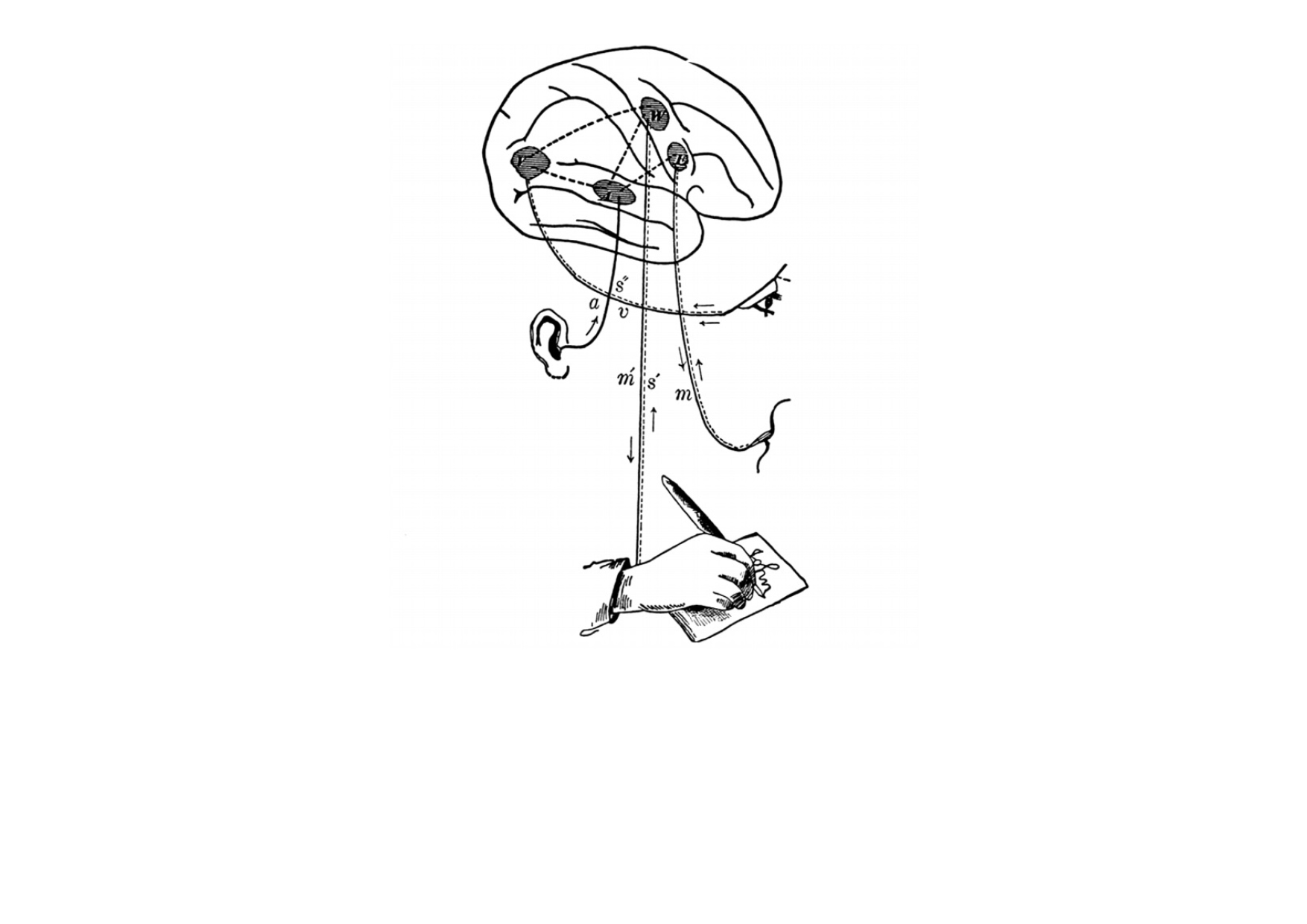reading

see also technologising the word
Although literacy is the ability to read and write, an illiterate person is often described as not being able to read, rather than write. This is because the receptive skill of reading precedes the productive skill of writing. We write in response to the information we receive. Reading requires a command of the language the text is produced in, as well as a capacity to store this information in a durable medium: a book, a file, a tape, and so on.
Media theorist Friedrich Kittler said that, historically, reading functioned as “hallucinating a meaning between the lines”.1 This hallucination was exemplified by poetry, whereby the poet intended to induce in the reader a state of shock with words. Kittler argued that the harnessing of electricity was the end of such hallucinations; as soon as optical and acoustic data could be electronically stored, we no longer needed our memory, and the realm of the dead was no longer in written words. The gramophone, typewriter and film produced new ways of writing and reading texts.
Image: Reading-and-writing-at-the-same-time, diagrammed in The Principles of Psychology, William James (1890)
-
Kittler, F. A. (2012) Literature, Media, Information Systems: Essays. Critical Voices in Art, Theory and Culture. Johnston, J. (ed.). London / New York: Routledge. ↩
